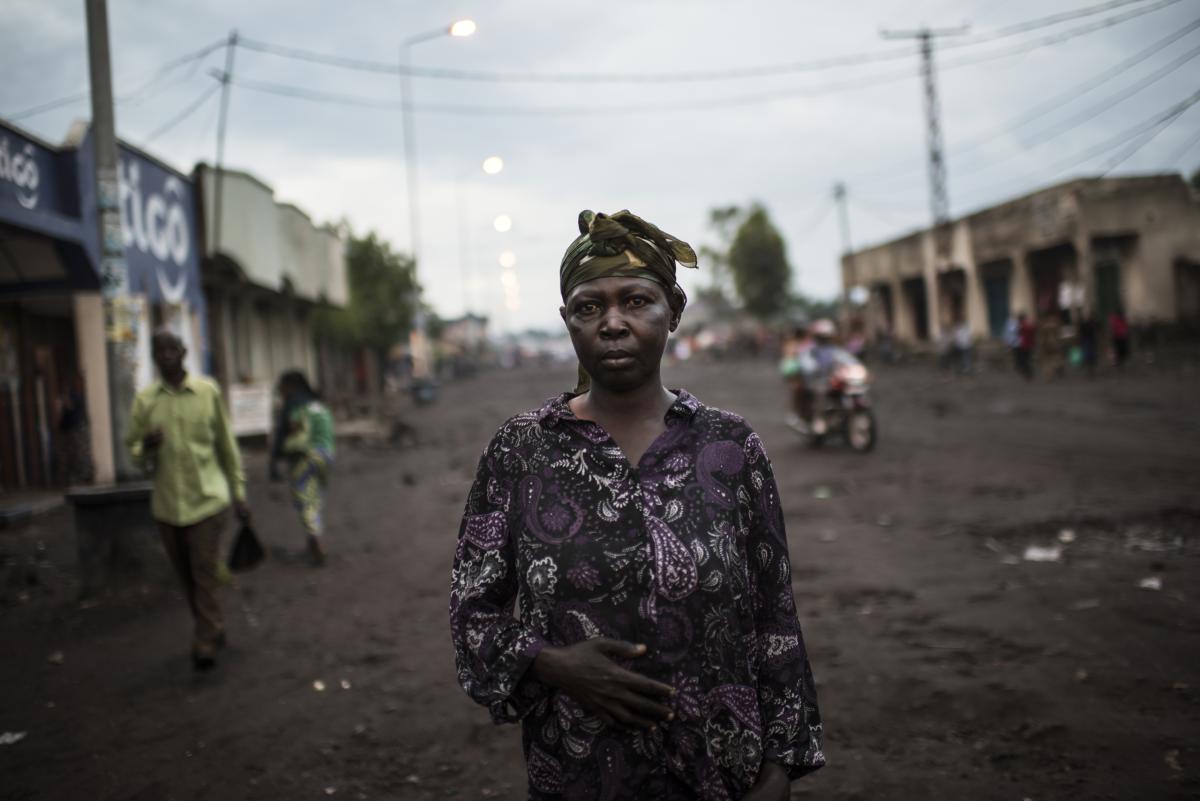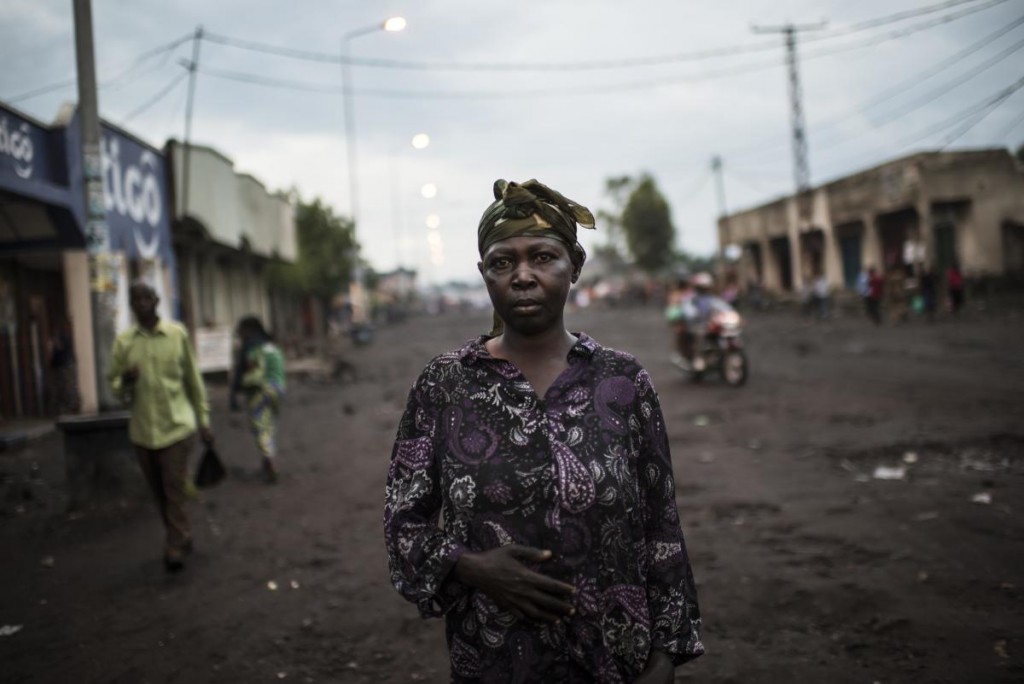Background
Definition and prevalence
The term “conflict-related sexual violence” refers to rape, sexual slavery, forced prostitution, forced pregnancy, forced abortion, enforced sterilization, forced marriage and any other form of sexual violence of comparable gravity perpetrated against women, men, girls or boys that is directly or indirectly linked to a conflict. The term also encompasses trafficking in persons when committed in situations of conflict for the purpose of sexual violence or exploitation.
A consistent concern is that fear and cultural stigma converge to prevent the vast majority of survivors of conflict-related sexual violence from coming forward to report such violence. Practitioners in the field estimate that for each rape reported in connection with a conflict, 10 to 20 cases go undocumented.
While many settings are affected by the threat, occurrence or legacy of conflict-related sexual violence, the Secretary-General’s latest report is focused on 19 country situations for which credible information is available.

UN Resolutions
On 19 June 2015, the United Nations General Assembly (A/RES/69/293) proclaimed 19 June of each year the International Day for the Elimination of Sexual Violence in Conflict, in order to raise awareness of the need to put an end to conflict-related sexual violence, to honour the victims and survivors of sexual violence around the world and to pay tribute to all those who have courageously devoted their lives to and lost their lives in standing up for the eradication of these crimes.
The date was chosen to commemorate the adoption on 19 June 2008 of Security Council resolution 1820 (2008), in which the Council condemned sexual violence as a tactic of war and an impediment to peacebuilding.
In response to the rise in violent extremism, the Security Council adopted resolution S/RES/2331 (2016), the first to address the nexus between trafficking, sexual violence, terrorism and transnational organized crime. Acknowledging sexual violence as a tactic of terrorism, it further affirmed that victims of trafficking and sexual violence committed by terrorist groups should be eligible for official redress as victims of terrorism.
Sexual violence in conflict is a brutal crime, mainly perpetrated against women and girls, but also affecting men and boys.
It reverberates throughout communities and societies, perpetuating cycles of violence and threatening international peace and security.
As the COVID-19 pandemic rages through regions of the world that are affected by armed conflict, survivors confront even greater challenges.
Reporting crimes may be difficult; shelters and clinics may be closed.
I commend frontline staff who are finding ways to support those affected despite lockdowns and quarantines.
On this International Day for the Elimination of Sexual Violence in Conflict, we stand in solidarity with survivors. We vow to listen to them and act on their experiences and decisions.
We must prevent and end these crimes; place survivors at the centre of our response; hold perpetrators accountable, and expand support for all those affected.

